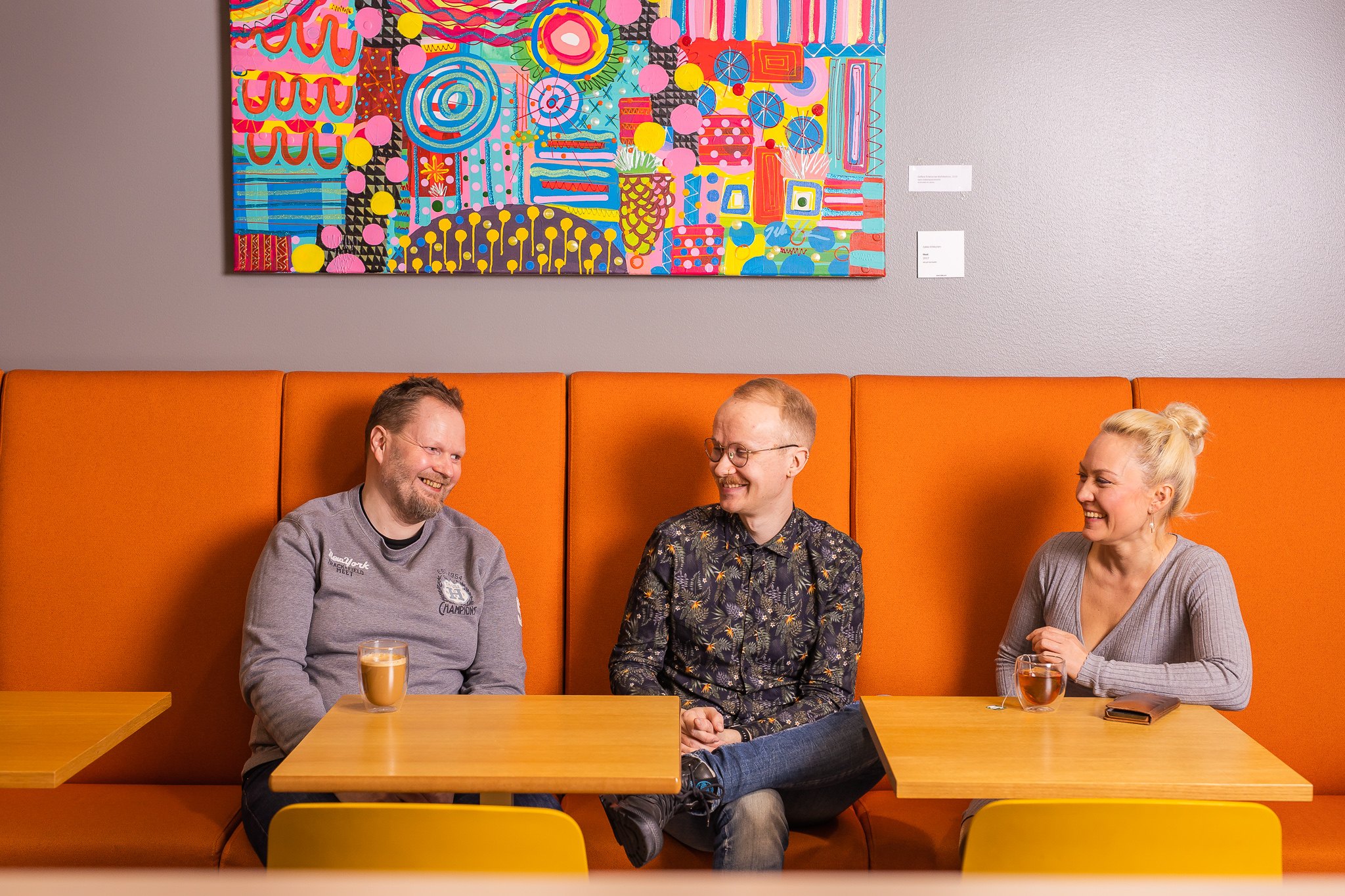New technologies have taken over the industry and caused people-focused DevOps to fade into the background. Culture plays a big role in software development, and right now, the industry needs a big dose of real DevOps culture.
One of the main problems in today’s software industry is the excessive focus on technology. This development is closely tied to historical factors. In the early days of DevOps, we did everything ourselves. Nowadays there’s an app for everything, which has led to a more technology-focused approach to software development.
“When it comes to DevOps, people tend to first focus on the tools and then start looking for the processes to match them, when in fact in real DevOps it should be the other way around. You should create the right software development culture first and only then start thinking about the right processes and tools after that,” says Gofore’s DevOps architect Jani Haapala.
DevOps means teamwork
Real DevOps culture means dismantling information silos and combining functions such as development, maintenance, and information security into one collaborative process. In today’s software development, the production volumes have increased and the cycles have accelerated. This has led to a situation where there is no distinct culture in the industry, especially among younger people. Additionally, the professional literature only focuses on processes, leaving the culture to play a secondary role.
Real DevOps means continuous improvement
DevOps is not an organisational level management model, but rather a desire to produce world-class applications. It allows employees the freedom to implement solutions but also gives them the responsibility to maintain them in production.
An important part of real DevOps is the DevOps ideology that encourages you to do better and find better ways of working together. With the right kind of culture, experts in different areas can better understand their role in the grand scheme of things.
“A safe working environment and the chance for employees to innovate and be proud of their achievements is an integral part of DevOps. Only after that should we look at which processes best support this and pick the tools to match,” Haapala says.
Aiming for sustainable software manufacturing
A uniform culture is a valuable thing that should be deeply engrained in a company. This also means writing things down, so that the culture will not only exist in the minds and methods of current employees and both current and future employees are able to make their mark on it.
Organisational culture is built on communication and collaboration. Shared methods, such as automating certain things or using test automation in development work, create a strong shared foundation for sustainable improvement.
Happy and healthy people generally tend to achieve better results. The goal of real DevOps is sustainable software manufacturing, which includes that the employees are able to focus on meaningful things that are important to the customer.
“In the future, holistic thinking will become more mainstream. Machine learning and artificial intelligence will become more relevant for DevOps, too, and these skills certainly are useful in the near future,” predicts Haapala.
Original article published in Tivi Magazine 19.4.2021


